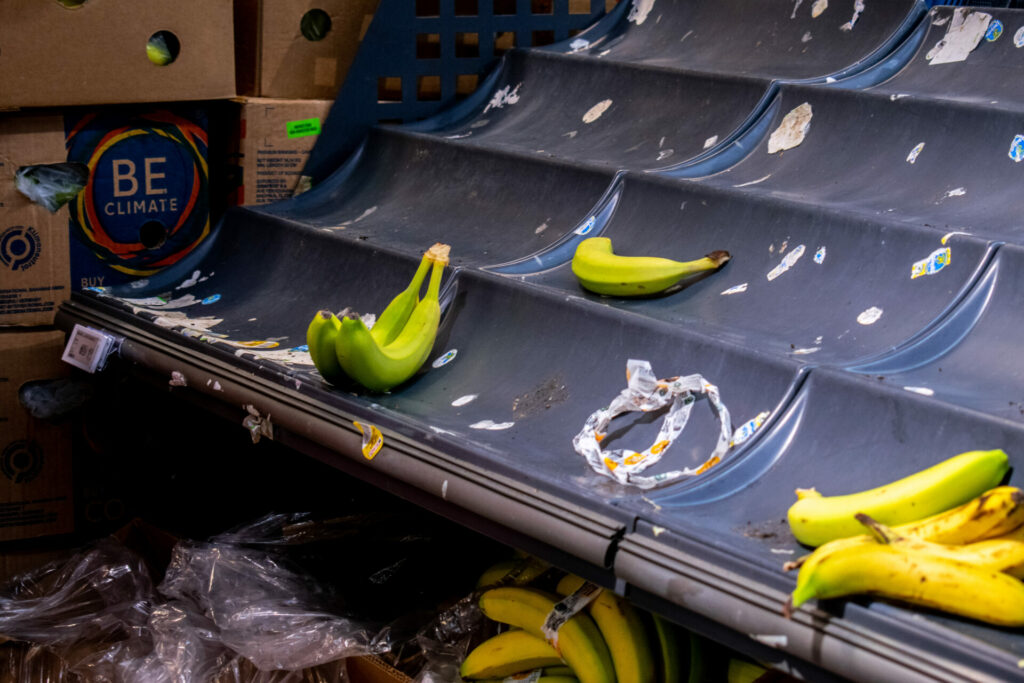They are too small, have an unusual shape or the skin has a colour defect. Many people are conditioned to think that fruit and vegetables that do not meet the high aesthetic values are less desirable, or that they even taste inferior.
How many people know that these standards have actually been set and included in legislation approved by the European Union?
A 2013 regulation validated by the European Parliament and Council expressly states that a marketed fruit or vegetable must be "intact, healthy, clean and free of pests." While the interpretation of these terms relies heavily on the perception of the trader and the consumer, the message is clear: to be approved, fruit and veg must be ‘beautiful’.
The result of this set of standards is therefore a rise in unnecessary food waste.
In Europe, according to the European Commission, 30% of fruit and vegetables outside the standards of distribution are processed or end up in animal products or are simply thrown away. In France, it is worse because this rate reaches 40%, with 10% of fruit and vegetables not harvested, according to a report by EURACTIV, cited in an article by RTBF.
According to EURACTIV, an apple in Europe must weigh more than 90g today to be sold in supermarkets. If a defect is more than 4 cm long on the skin, it will be rejected.
In order for ‘non-perfect’ fruit and vegetables to no longer be ugly from the point of view of EU regulation, and for food waste to be reduced, the European Parliament and Council still need to hold talks on how to change the legislation.
Related News
- European citizens' panel puts forward recommendations to reduce food waste in the EU
- IPCC climate change report: What about sustainable food systems?
- Too good to go? Food resale companies threaten Belgian food banks
There seems to be a will to make this change, however, with indications that both sides want to put an end to the standards and thus reduce food waste generated by fruits and vegetables whose appearance does not meet the standards of distribution. In concrete terms, this would mean the end of marketing standards for these foods.
The rehabilitation of ugly fruits and veg has already taken place to a certain degree in some supermarket chains, such as Intermarché which launched a campaign in 2014 to dedicate a special area in their shops for such items and sell them at reduced prices.
The trend has continued in both France and Belgium in recent years with artisanal market stalls dedicated to unusually shaped produce becoming popular in cities such as Brussels.

